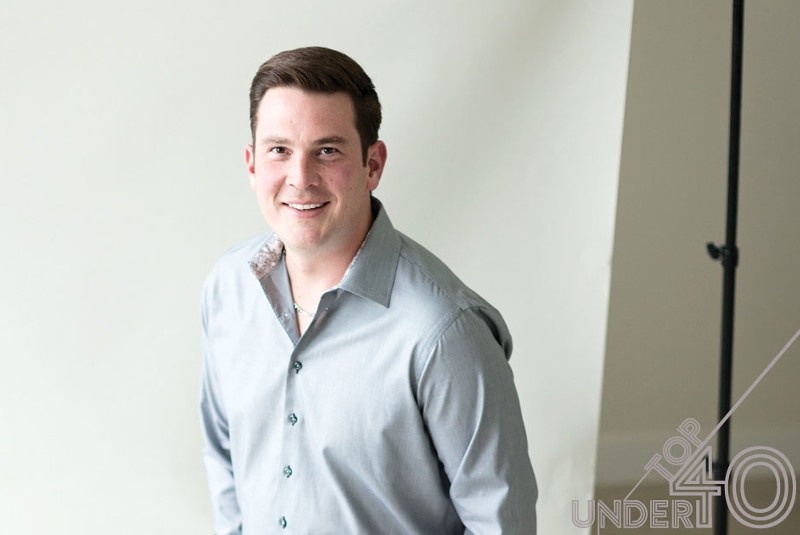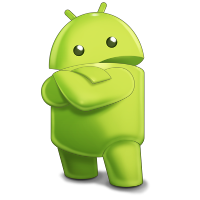
Please tell us a little about yourself.
I am the Director of IT Services at a company called iCube Development which is based in Calgary, Alberta, Canada. My role is typically involves data recovery cases, working in a clean lab performing tasks such as replacing heads, electrical repairs, and recovering data from RAID volumes. I am 34 years old with experience as a freelance PHP and MySQL programmer. I developed a free on-line billing system called iCDBILL and has recently furthered the development of other open-source applications such as ICDBill and Billwerx. In 2005 I started to work at a Data Recovery Lab called iCube Development in Calgary. I enjoy camping, dirt biking, and hunting. I would consider a perfect holiday far away from technology and WiFi with my family.
When I was younger I was a lifeguard, master swim instructor, and worked has an EMR (emergency medical responder). My wife works for iCube Development as the Director of Finance. She is currently completing our Certified General Accountant Program. I have a daughter who (at the time of writing this) is 13 weeks old. I was recently featured in a publication called City Life where I was part of the Top 40 Under 40 article, and received an award from the Aboriginal Multi-Media Society for my entrepreneurial leadership. You can check out my open-source contribution called Billwerx on Youtube, and read about one of my successful big data recover cases.
How did you get started with computers?
I always had an interest in technology, and at a very young age, my father would bring home non-working computers for his work for me to take apart. At the age of 9, my father brought home my very own computer. It was an 8086 running at 4MHz with a 20MB HDD running MSDOS 3.3! In grade school, I learned BASIC and continued to learn about operating systems, programming, and hardware.
What attracted you to the ODROID platform?
The ARM architecture is growing very rapidly. Manufacturers like Intel and AMD have been very dominant is their x86 and x64 instruction set, and I think ARM adds a very healthy dose of competition to the market. Unlike many Chinese products that advertise great technical specifications, the HardKernel and the ODROID community actively develops the kernel, releases patches, and offers free technical support in the forums. Comparing the slower performance of the Raspberry Pi to ODROID hardware makes it an easy choice for developers. In my opinion, the ODROID-C2 is the most stable 4K capable device with eMMC storage on the market today.
How do you use your ODROIDs?
We use many ODROID at home and at the office. For the home, we use the ODROID-C2 for LibreElec and ODROID-XU4 for Network Attached Storage (NAS) functions. At work, we use ODROID-XU4s with 3D-printed CloudShell type cases for HDD diagnostics, simple file level repairs, and automated data duplication functions.
Which ODROID is your favorite and why?
That’s easy: the ODROID-C2 is very stable, has compatible Raspberry Pi GPIO, supports 4K output, and uses a fast eMMC for data storage.
What innovations would you like to see in future Hardkernel products? I would like to see the addition of WiFi and Bluetooth on the PCB with U.FL antenna leads. This would make it completely on-par with Raspberry Pi devices.
What hobbies and interests do you have apart from computers?
iCube Development funds open-source projects, so I’ve been lucky to have funding for Maker Projects. For the last 5 years, I have been very involved with the Layer3D project, which designs 3D printers and sources reliable parts from all over the world. All of our designs and build of materials are made public, including the source files

What advice do you have for someone wanting to get started in learning about information technology and programming?
Community forums are more valuable than books and formal education. Books and school are good, but most of the computer problems technical people need to solve use school as a foundation to know how the operating system and programs works, but are not a guide in solving a problem. For example, if your car motor breaks, a mechanic is given a guide by the manufacturer, such as Ford or GM, to replace the motor. The guide tells him exactly what to do and how it should be done. However, some mechanics have the skill to build their own motor and /or fix problems that are not in a diagnostic code.
I would summarize by saying to challenge why you’re doing things. A good tech can follow instructions from Google, but a great tech knows why he’s doing something. Take risks, and don’t be afraid to screw up. It’s how we learn, and how we become better than school or books.

Be the first to comment